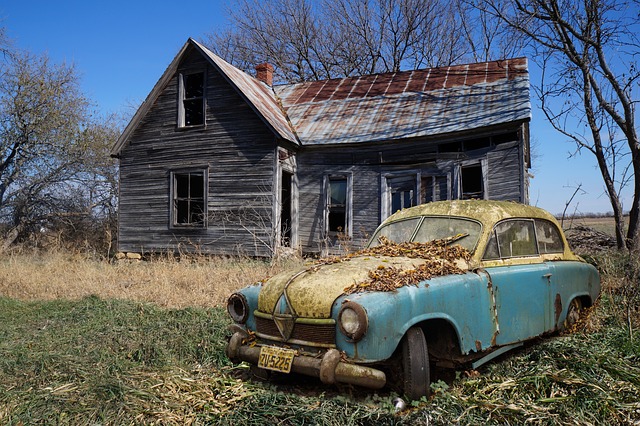Note: the following article on Mary Shelley’s The Last Man is a modified excerpt (pp. 70-74) from my doctoral dissertation, “Time is Everything with Him”: The Concept of the Eternal Now in Nineteenth-Century Gothic, which can be downloaded (for free) from the repository of the Tampere University Press. For a list of my other academic publications, see here.
Mary Shelley’s The Last Man is an apocalyptic tale that, as the title suggests, deals with the possibility of someone being the last person left in the world after a plague has annihilated the human race. The trope of immortality is not only present, but also seen in a context of loss, destruction, and forlorn hope. Although Lionel Verney, the surviving character of The Last Man, is not an immortal in the strict sense of the word, he effectively possesses immortal status: he survives the death of everyone he knows, to the point that he apparently outlives every single person on the planet. In The Last Man, death is presented as preferable to staying alive.
The novel features a remarkably complex temporal scheme. Not only does it follow the typical narrative mechanisms of the Gothic canon – discovered manuscripts, multiple narrators, dubious objectivity – but also a time flow so chaotic that it verges on incoherence. The reader discovers that in the universe of The Last Man, time exists on more than one layer, as Albright argues:
Shelley frames her novel as an ancient prophecy by the Cumæan Sybil, written on Sibylline leaves (in various ancient and modern languages) found in a hidden cave in 1818 by an anonymous “author” … It is an ancient prophecy of a future apocalypse written retrospectively by its lone survivor, who looks back upon the final decades of the human race’s existence from the year 2100. By narrating the close of human history, the novel reconfigures and humanizes time. Since history is now complete, we can perceive it in its entirety. (2009, 133–134)


